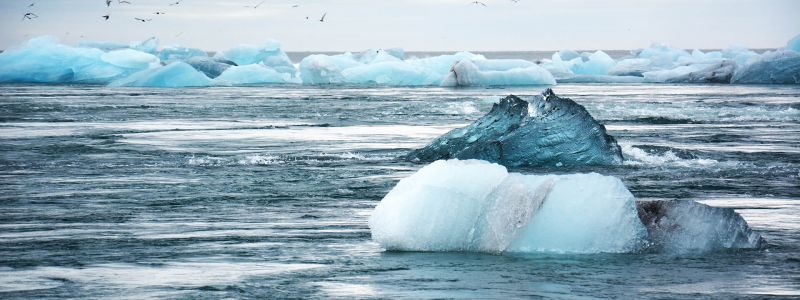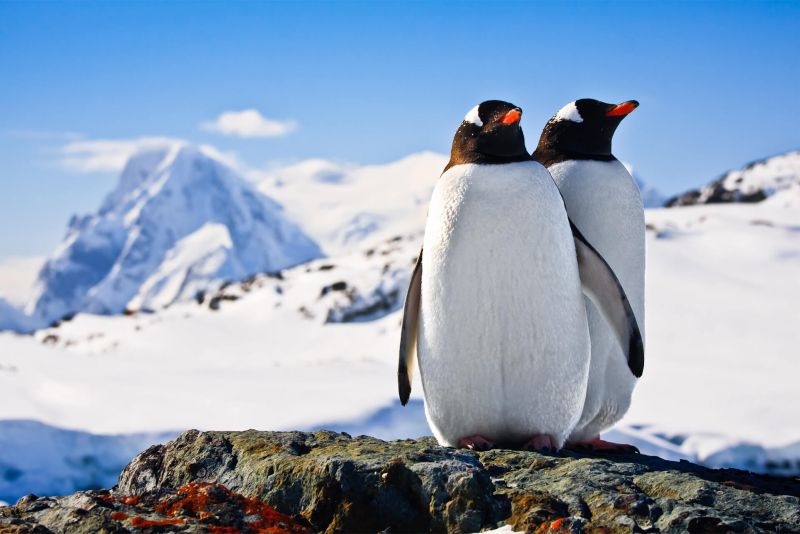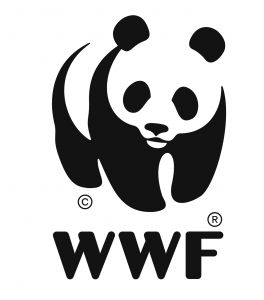The Antarctica Expedition
“Women For Nature: The Antarctica Expedition” is a project aiming to raise public awareness and also a women empowerment tool, to educate about the environmental changes that occur on our planet. We may be familiar with the term “climate change” but do we really understand the scope of the problem and how it affects or is going to affect our lives in the future? The polar regions are striking examples of the changes that are already happening around us, which is why we chose Antarctica as the starting point of our cause.
Vanessa Archontidou, (a mother of two and member of the first Greek female team that climbed Mt Everest in 2019), climbed MtVinson (4892m – Antarctica’s highest summit) and skied to the South Pole to raise awareness on Climate Change. An expedition engaging women in a quest to explore and protect the most fragile ecosystems of our planet.

On February 9th 2020, the temperature in Antarctica reached 20,75°C, the hottest condition on record for this part of the world! The “giant ice cube” – as called by some – is not only threatened but is actually melting at an alarming rate.
So, what is really happening in Antarctica? How will this phenomenon affect the planet and our everyday lives? What can each and every one of us do, to address this global challenge?
By answering these questions, we engage in a public dialogue about Climate Change. Our ambition is to create a dynamic team of female environmental advocates, to highlight the problem and serve as catalysts for climate change awareness and environmental education. Our advocates will disseminate information providing insight and advice for sustainable living and
sustainable thinking!

Antarctica is Earth’s southernmost continent and it contains the geographic South Pole. At 14,200,000 square kilometers, it is the fifth-largest continent and nearly twice the size of Australia.
Although it doesn’t snow often, about 98% of Antarctica is covered by ice (except some areas in the north peninsula) that averages 1.9 km (1.2 mi; 6,200 ft) in thickness. With 0,00008 inhabitants per sq.km., it is by far the least populated continent of our planet. People may be rare but penguins with a population of 12 million birds, are thriving.

“AWomanCanBe.org” joins forces with WWF Greece against climate change. The initiative aims to raise community awareness about the challenges our planet is facing. We wish to inform Greek men and women about the consequences of this global phenomenon for our country and the role we can all play in making changes and supporting policies that tackle the environmental crisis.
the power of women!


